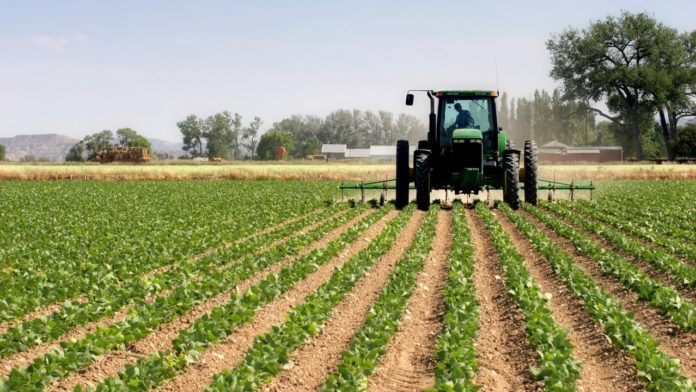The Paris Accord recognizes the fundamental priority of safeguarding food security and ending hunger and it is cognizant of particular vulnerabilities of food production systems to the adverse impact of climate change. The agreement has over 200 parties as signatories, all with different abilities, but all aware that each of their actions contributes to making or breaking the process of transforming global food systems. The existence of such a global effort bringing together stakeholders to work collaboratively to ensure sustainable development goals are attained attest to the necessity of clustering strategy.
Clustering, processing of putting together issues and things of a similar type, must be embraced in order to solve global intricate challenges. In the world we live today, it is evident that local, national, regional, and global challenges are intertwined hence the need for comprehensive strategies to ensure collective actions by various stakeholders from the remotest part of the world count in the process of restoration.
The United Nations, an organization formed to ensure global peace and security epitomizes clusterization strategy. The body is on the frontline urging collective actions from all levels by all stakeholders in order to achieve the 17 sustainable Development Goals (SDGs). This validates the need for massive aggregation of issues, policies, and regions, working on local national, and global challenges that could inhibit sustainable production of food.
For Kenya to achieve sustainable food production while transforming the food systems, the clustering must be considered in different areas, issues and policies.
One, the clustering of Counties must be given priority. The 47 counties in Kenya are unique in their own ways but some share similar ecological zones. This could allow amalgamating counties in terms of the production of particular products. For instance, Counties in the rift valley are known to produce maize grain, a reason the region is referred to as Kenya’s food basket; it will be critical therefore for them to be grouped and be given the necessary assistance to improve and enhance productivity.
Two, there is a need to cluster products and comparative advantage. Even though maize is an important food staple in Kenya, there is a need for diversity, if food security is to be experienced. Cassava and Potatoes and many others could be the alternative to reduce dependence on maize crop. Grouping counties with suitable ecological conditions to grow different crops will promote specialization and diversity which in the end will enhance food availability and accessibility.
Three, clustering of research institutions is important in order to generate specific findings and recommendations on different issues to the right audience. One monumental failure in Kenya has been disharmony between scientific research and policy formulation and implementation. It will be important to ensure that research organizations and think tanks are aligned to different national issues and challenges. For example, with the impact of climate change, better varieties of crops that can withstand different environmental stress becomes critical; but this requires constant research to develop new varieties as environmental conditions change.
Four, clustering government departments and institutions is another critical exercise that Kenya must urgently undertake to ensure better cooperation and collaboration. It is a fact that the working of government departments and institutions has for long been structured in silos. This means that what happens in one ministry/ institution is not understood by another. This phenomenon creates serious bottlenecks in sharing of data and other important information, hence hampering progress in economic development.
Taking devolution as a nuclear clustering strategy, it is now time to start looking into how to transform policies to facilitate sustainable clusterization and specialization to transform food systems. The fourth schedule of the 2010 Constitution of Kenya as the guiding post, a comprehensive working formula must be set out to ensure all actions and policies are synchronized to ensure an effective working relationship between the two levels of government.
The national Government must ensure the development of key infrastructures like roads, water, and electricity. Further, the National government must embrace research as a key driver of economic transformation hence must allocate a substantial national budget to fund research institutions and foundations. However, counties must also play a role by identifying critical issues and products that need to be addressed to ensure harmony with the national government agenda.
Symbiotic relationships between the National and County government must be supported by the active public participation of citizens. Development projects in various regions must be informed by local needs. This means that researchers must also be able to translate and articulate their scientific findings and recommendations in a manner that could inform the decisions of both citizens and governments on the best path to development.
Source: agakimweberi.wordpress.com








